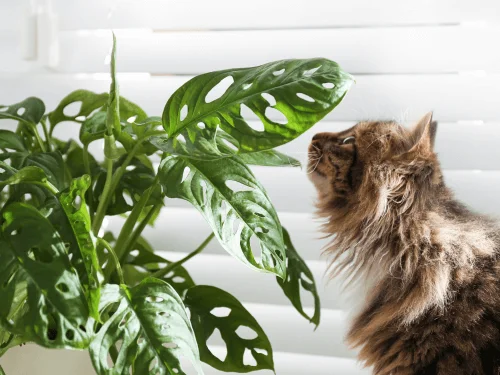Animal-friendly Gardening
Animal friendly garden is a great way to start your gardening journey if you have pets or if you want beneficial insects to thrive in your greenery.

Welcome to Seedling Squad where your gardening journey begins.
All gardeners start somewhere, and this is where you'll be able to learn the basics, allowing you to solidify a good foundation for your gardening projects.
Did you know...?
Visit our knowledge base if you want to learn the basics down to the most unconventional questions.
1. Do mushrooms need total darkness?
No, most mushrooms don’t. Oysters, Lion's Mane, and Shiitake need a little light to develop their colors and shapes properly. A kitchen counter away from direct sunlight is usually perfect.
2. Can mushrooms be grown from store-bought ones?
While possible through "cloning," it is difficult for a beginner. It is much more successful to start growing using a mushroom kit or purchased spawn from a reputable supplier.
3. What is the fastest mushroom to grow?
Pink Oyster mushrooms are the speed champions, often ready for harvest within 3 to 5 days of the first "pins" appearing.
1. What is the most important benefit of onion companion planting?
The primary benefit is pest control. Onions repel a wide variety of pests, including aphids, carrot rust fly, onion flies, and beetles due to their strong sulfur scent. This helps protect nearby vulnerable plants.
2. Can I plant onions with everything in my garden?
No. You should avoid planting onions near legumes like peas and beans. Peas fix nitrogen, but onions can interfere with this process and inhibit the growth of the pea plants. Asparagus is another plant that does not grow well together with onions.
3. Do onions need full sun?
Yes, onions grow best in full sun. However, they can tolerate some partial shade provided by taller companion plants like tomatoes or peppers, especially in very hot climates.
Q: Why is companion planting helps with pest control?
A: Companion planting helps by utilizing the strong scent and diffusive aroma of mint to deter or repel common garden pests like carrot flies, cabbage moths, and ants, which rely on their sense of smell to find host plants.
Q: Is it best to plant mint in a pot or a garden bed?
A: Due to its highly invasive root system, it is almost always best to plant mint in a container. You can plant it in a pot with the bottom removed and then sink that pot into your garden bed; this keeps the runners contained while still allowing the plant to benefit another plant nearby.
Q: What growing conditions does a mint plant prefer?
A: Mint likes moist, fertile, loamy soil and a location with partial shade to full sun. It is a remarkably resilient herb that will thrive as long as its water needs are met.
What are the benefits of companion planting with basil?
The benefits of companion planting include improved growth and flavor of basil and providing a natural insect repel system for your garden. Using basil as a companion plant allows it to attract beneficial insects via taste of basil flower nectar, while its strong scent acts to basil repels many common garden pest varieties.
Does basil help ward off specific pests?
Yes, basil in your garden is a powerful tool to insect repel. Basil alongside other aromatic plants can basil to keep aphids and other pests like the tomato hornworm away. Additionally, basil is famous for being one of the plants that repel mosquitoes, making it a great companion plant for patios.
Are there plants I should keep away from basil?
Yes, you should keep cucumber and sage away from basil. Cucumber can attract mildew that might attack basil, while sage prefers much drier soil than a basil plant. Also, keep herbs like basil away from rue, as it can stunt the growth and flavor of basil.







